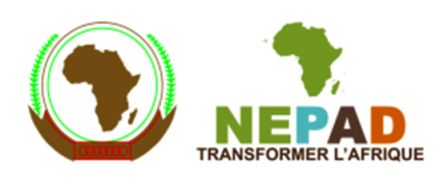Africa’s agribusiness worth US$1 trillion by 2030
African farmers and the agribusiness sector could create a trillion-dollar food market by 2030 if they could access more capital and electricity, better technology and irrigated land, according to a World Bank report released in March 2013. For this goal to be achieved, governments and business leaders in sub-Saharan Africa must place agriculture and agribusiness at the top of the development and business agenda, the report states.
The International Fund for Agricultural Development (IFAD), the UN agency dedicated to poverty eradication in developing countries, called in 2011 for policy innovations and more investments in agriculture and agribusinesses. Makhtar Diop, the World Bank’s vice-president for the Africa region, says, “The time has come for making African agriculture and agribusiness a catalyst for ending poverty.”
In addition to untapped water resources, Africa has more than half of the world’s fertile and unused land, notes the World Bank, but warns that land allocations for agribusiness have to be carefully carried out. In 2011 the Oakland Institute, a US-based think tank, reported unfair land deals in South Sudan, under which foreign companies bought up fertile and mostly uncultivated land. Such deals did not clarify land tenure and usage, and worse, even threatened the land rights of rural communities.
The World Bank notes that Africa spends $3.5 billion per year on rice importation. With the right incentives many countries could produce enough rice for domestic consumption. Senegalese farmers, for example, experience difficulties in accessing land, capital, finance for irrigation expansion and appropriate crop varieties. They could produce more rice if not held back by these difficulties.
Ten years ago the New Partnership for Africa’s Development (NEPAD) launched the Comprehensive African Agriculture Development Programme (CAADP) “to eliminate hunger and reduce poverty through agriculture” by encouraging African countries to invest at least 10% of their national budgets in agriculture.
Strong leadership and commitment from both public and private sectors is critical to increased agricultural production, many analysts believe. “Transforming agriculture in Africa is not simply about helping Africa; it is essential for ensuring global food security,” maintains the World Bank.
By Aissata Haidara, Africa Renewal
Stay with Sierra Express Media, for your trusted place in news!
© 2013, https:. All rights reserved.



